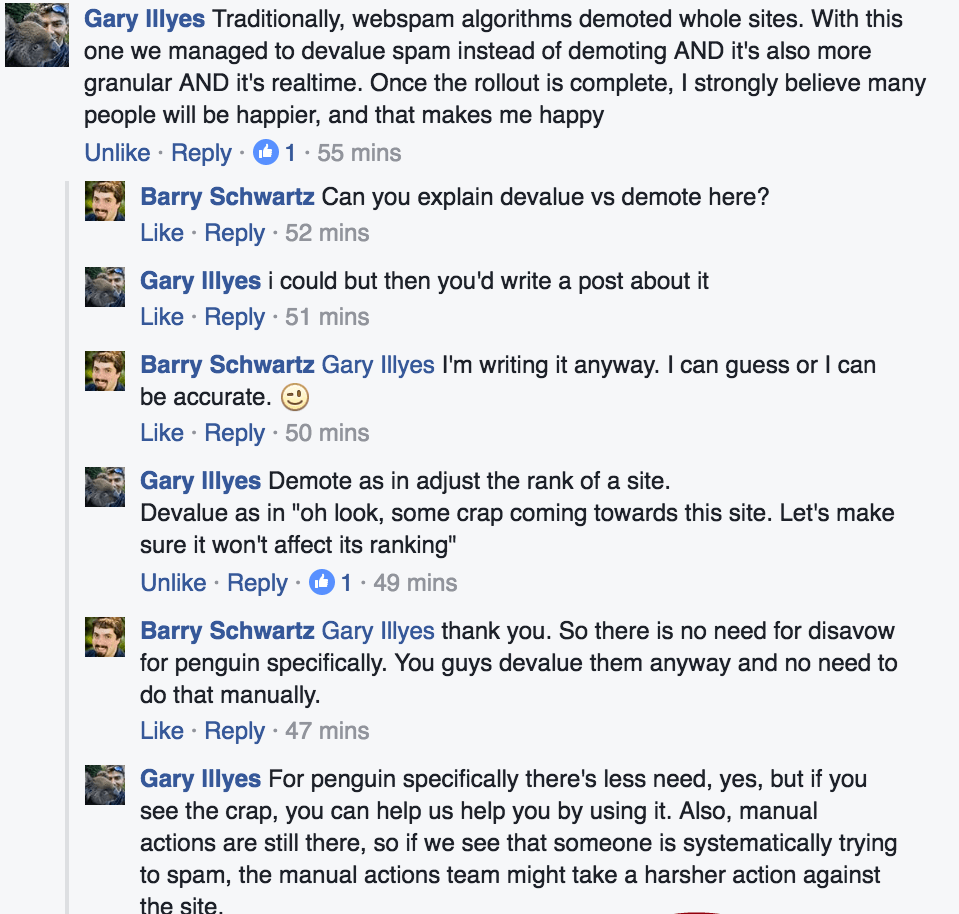Anyone who’s engaged in search engine optimisation will be aware of Google’s veritable zoo of filters and penalties. Google’s Penguin filter is among the most well-known and feared. Here’s a quick history before we go into its most recent changes.
ABOUT GOOGLE’S PENGUIN FILTER
It was first launched in 2012 and completely changed the SEO landscape. We have talked about it extensively before in case you’d like go to through some of our past articles. Essentially, what it does (or did) is that it penalises links that it believes are spammy or are being used to manipulate Google’s search algorithm.

It used to run at periodic intervals. This means that ever so often, Google will release the Penguin to penalise any websites it deems is trying to game the system. It is a link-based filter, so it does this by examining the types and sources of links to a site.
Over the years, Google has updated (or improved?) Penguin in various ways. The latest changes occured in late September and are quite significant to webmasters and SEO specialists alike.
GOOGLE PENGUIN 4.0 NOW REAL TIME
Perhaps the biggest change right now is that Google’s Penguin has been integrated into its core algorithm and operates in real time. This means that Google is continuously looking at the links to and from a website, and if it is deemed to be spammy, the Penguin filter will trigger immediately.
We see this as great news. You see, previously, if you were hit by a Penguin penalty, you had to wait until the next time the filter was run before you could see if you had recovered. This could take months or longer and all the while your website will be languishing under its furry feet (paws?). But now, you can immediately detect and start working to rectify any effects from Penguin immediately.
GOOGLE PENGUIN 4.0 NO LONGER PENALISES YOU FOR LINKS
In the past, whenever Penguin detects that a site is engaged in shady link building practices, it will apply a penalty across the entire website. Based on our understanding, Penguin 4.0 will no longer penalise links. Instead, it will devalue those links that it thinks are spammy.

This is also great news for SEOs. When Penguin first came out, the false positives (websites that Penguin thinks were engaged in black hat SEO but were not) drove many small businesses that depended on organic traffic to the brink of disaster. Of course, it also spawned an entire new industry in Negative SEO.
Not long after, Google tried to alleviate the situation by making Penguin more forgiving.
But we, along with many other SEO specialists, felt that it always made more sense to devalue spammy links than to penalise entire websites for them. It’s good to see Google taking a step in that direction.
GOOGLE PENGUIN 4.0 IS MORE GRANULAR
Traditionally, the Penguin webspam algorithm will demote entire sites when it detects spammy links. However, Penguin 4.0 will be more granular and only devalue links on the affected web page. This means that there is less risk of your entire site being penalise due to getting less-than-stellar links or from a competitor’s negative SEO actions.
